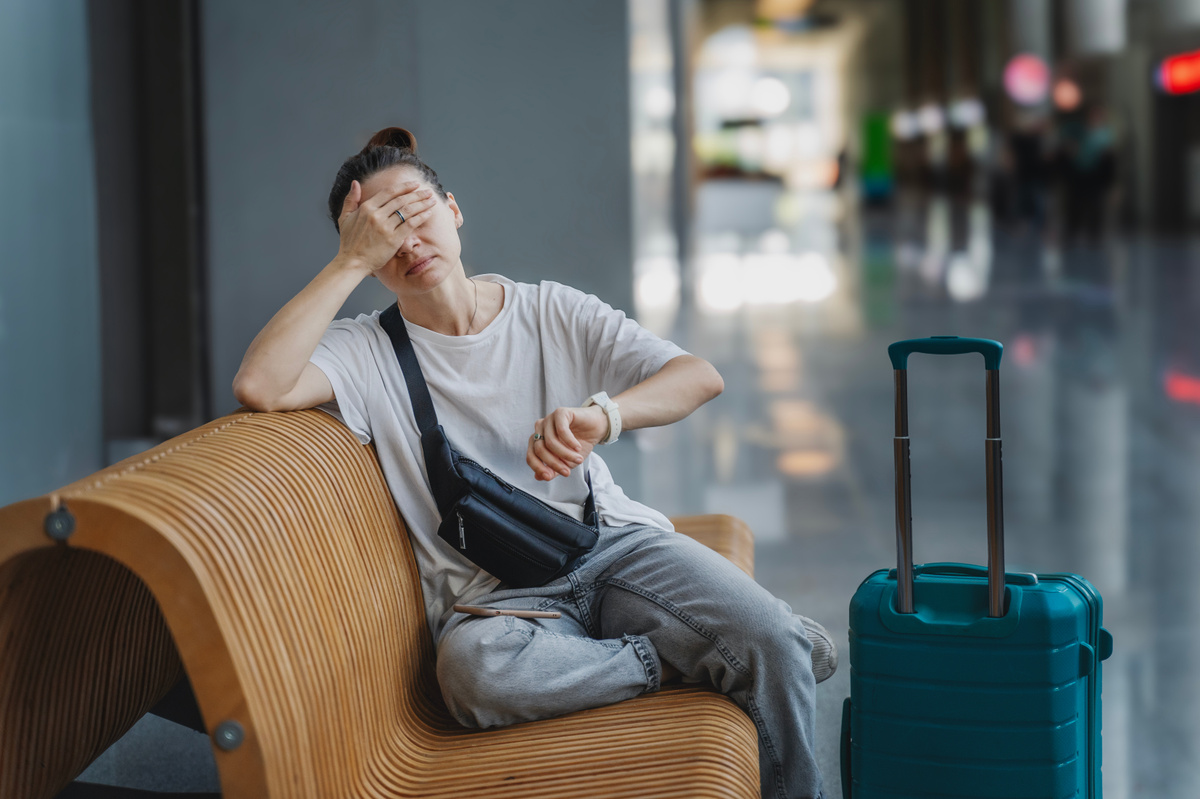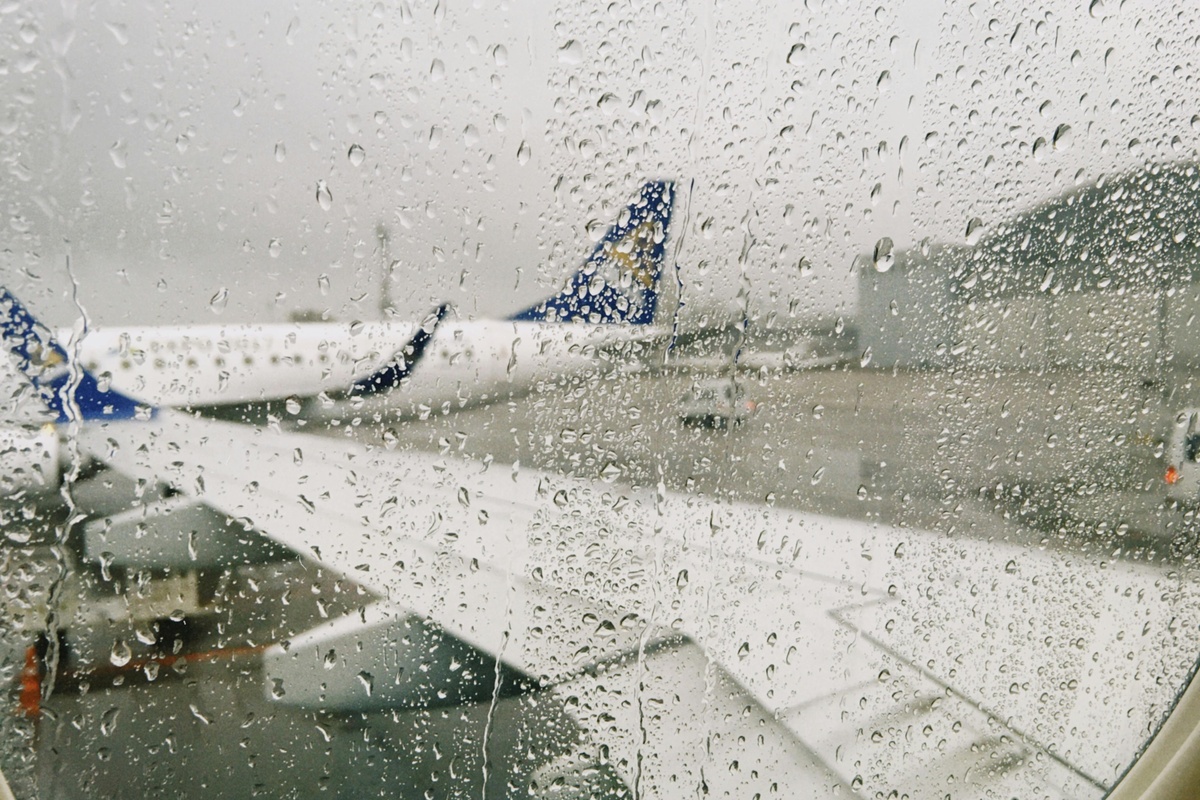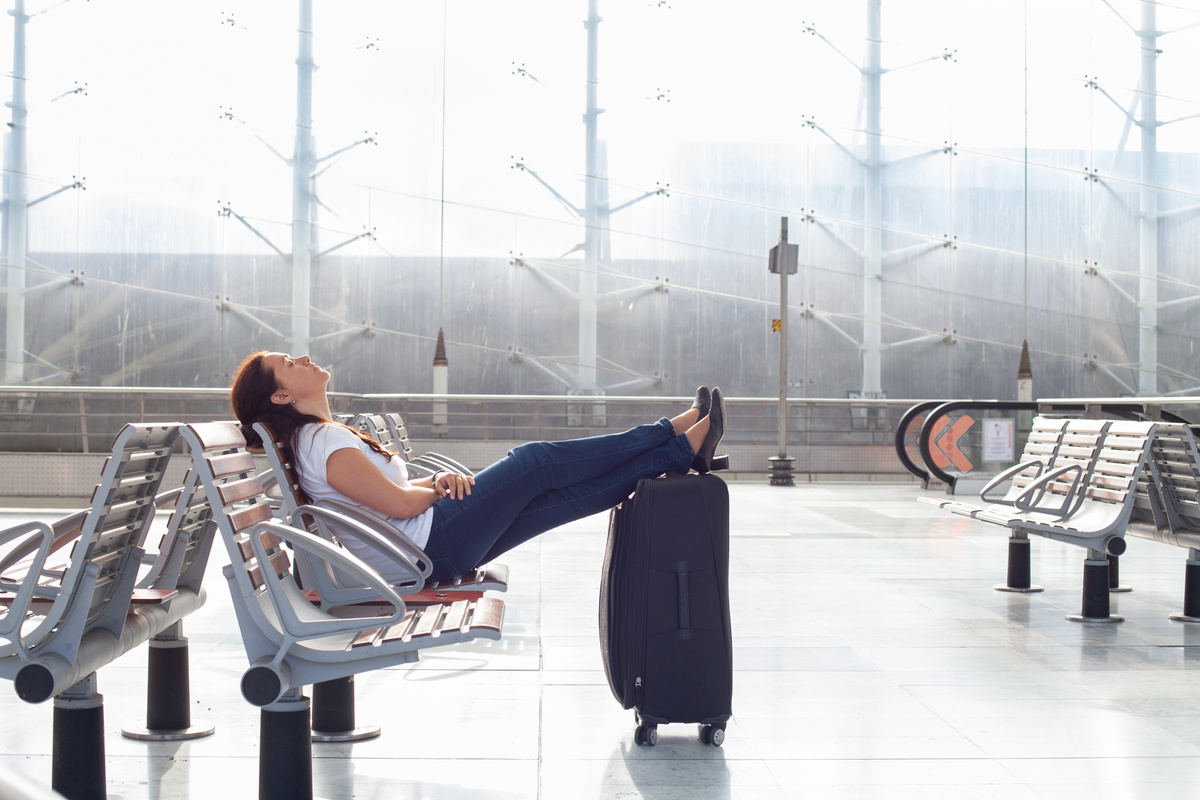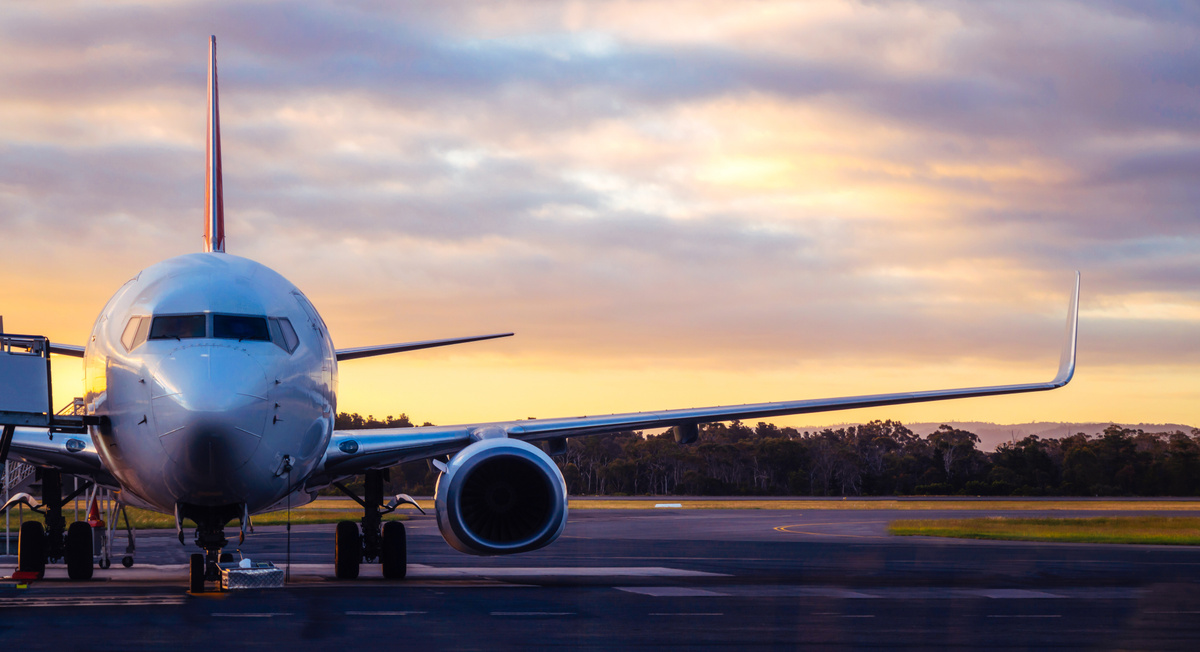
Why do so many compensation claims get wrongfully rejected?
If you've ever had a delayed flight and thought, "Hey, at least I’ll get compensated," we hate to break it to you: the airline might have other plans. While you're checking your watch in the departure lounge, they could already be preparing a long list of reasons why your claim won't count.
At AirHelp, we’ve crunched the numbers from thousands of compensation claims in 2024 — and what we found is frustrating but not surprising: airlines reject more valid claims than they accept.
In fact, as much as 52% of eligible claims are wrongfully rejected at first!
Let’s take a quick moment to unpack why, how, and what it means for you and your air travel plans.
What’s a wrongful rejection, anyway?
A wrongful rejection is when an airline refuses to pay compensation for a valid claim — usually by saying the disruption was out of their control, or by simply ignoring the claim altogether.
Well, these tactics have two worrying effects: passengers don’t get what is owed to them and, at the same time they discourage travelers from fighting for their fly rights. After all, why bother claiming if you’re never going to hear back from the airline anyway?
If you think this is a rare occurrence, unfortunately, it’s not. When we analyzed eligible claims from 2024 we found that only 48% of them were accepted, while 52% were wrongfully rejected!
These numbers are based on the initial airline response. But, at AirHelp, we don’t easily give up. We helped overturn many of these rejected claims and got passengers the compensation they deserved.
So what kind of reasons do airlines give to avoid paying up?

1. Ignored completely — 26%
That’s right. At the top of the list, over a quarter of claims were just straight up ignored. Not a “no,” not a “we’ll get back to you” — just radio silence (cue the crickets).
2. Blame the weather! — 21%
They’ll say there were thunderstorms or icy runways… but our data often shows there wasn’t a cloud in sight. Plus, during times when bad weather is to be expected (such as, you know, in the winter) the airline should have made preparations for it in the first place. Bad weather isn’t an automatic out.
3. Your documents aren’t good enough — 13%
This one’s frustrating. Airlines will sometimes reject valid documents, or ask passengers for unreasonable extras. Talk about burying you with bureaucracy.

Image by Aibek Skakov from Pexels
4. It’s not us, it’s air traffic control! — 9%
Airlines often blame air traffic control for disrupted flights or restrictions — but without providing any proof. Well, we check what air traffic control has to say too, and we sometimes find that they had all the clearance to land on time.
5. No reason at all — 8%
A rejection with zero explanation.
6. Technical issues — 4%
Unless it's a lightning strike or a hidden manufacturing defect, technical issues are usually the airline’s responsibility. Spoiler alert: regular technical checks are part of the airline’s normal operations and they should be completed on time.

7. The delay wasn’t long enough — 3%
They'll claim your flight wasn’t delayed for the minimum required time (3+ hours in Europe, 4+ in Brazil). But the data often says otherwise.
8. Blame it on the previous flight — 3%
Delays get pinned on earlier disruptions. But if they had time to fix it by rescheduling or having a standby crew and didn’t? That’s on them.
9. Operational problems — 2%
This one’s vague on purpose — and that’s the problem. “Operational” could mean anything, such as a crew shortage, which they should have prepared for.
10. It’s in our Terms & Conditions — 2%
Let’s get it straight — airlines can’t change your rights in their T&Cs! The law is the law and no amount of fine print can undo it.

Why this matters now
Airlines are currently lobbying to raise the threshold for delay compensation from 3 hours to 5. That would mean that 85% of delay claims would no longer qualify for compensation. But even under today’s rules, airlines are already dodging responsibility — and our data proves it.
What to do if your claim is rejected
Know your rights. Just because an airline says no, it doesn’t mean they’re right.
How do you handle rejected claims? Try again. Don’t give up. That’s where we come in.
Share your experience. The more passengers push back, the harder it becomes for airlines to hide behind vague excuses.
We’re here to help
At AirHelp, we’ve helped over 2.7 million passengers get the compensation they deserve. We’ll keep fighting for every wrongfully rejected claim — because you deserve more than excuses.
Let’s make wrongful rejections a thing of the past.